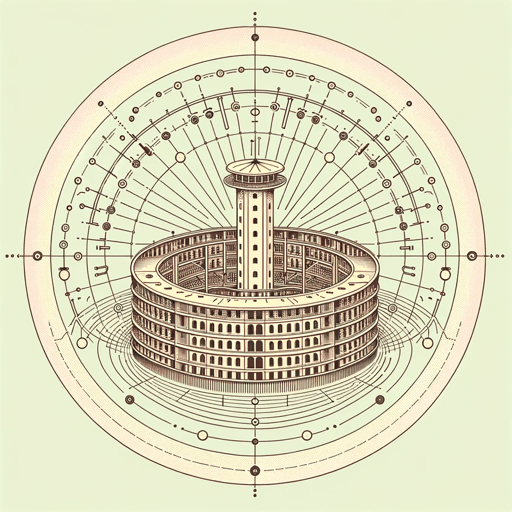60 pages • 2 hours read
Michel FoucaultThe Order of Things: An Archaeology of the Human Sciences
Nonfiction | Book | Adult | Published in 1966A modern alternative to SparkNotes and CliffsNotes, SuperSummary offers high-quality Study Guides with detailed chapter summaries and analysis of major themes, characters, and more.
Chapter 10Chapter Summaries & Analyses
Part 2
Chapter 10 Summary: “The Human Sciences”
Chapter 10: “The Human Sciences” examines the human sciences (literary studies, sociology, psychology, etc.), the main subject matter of The Order of Things, with all of the concepts, ideas, and history established in the first nine chapters. The chapter is split into six parts.
In part one (“The Three Faces of Knowledge”), Foucault establishes the connection between science and the human sciences. For Foucault, the human sciences were not ignored in previous epistemes; they were simply unimportant areas of study because humans were not objects of study. The human sciences fall between the “three faces of knowledge”: mathematics, science, and philosophy. Each of these branches has, in some way, been a legitimate object of study in past epistemes. Each particular human science falls into a gap between these three legitimized and stable branches of knowledge, with some human sciences borrowing more from one branch than another.
In part two (“The Form of the Human Sciences”), Foucault examines how the human sciences are able to make positivist claims. The empirico-transcendental doublet is crucial for the human sciences to exist. They create the unthought as the field where the knowledge for them to gather is hidden, in much the same way genetics of animals hide knowledge for biologists to find.
Related Titles
By Michel Foucault




